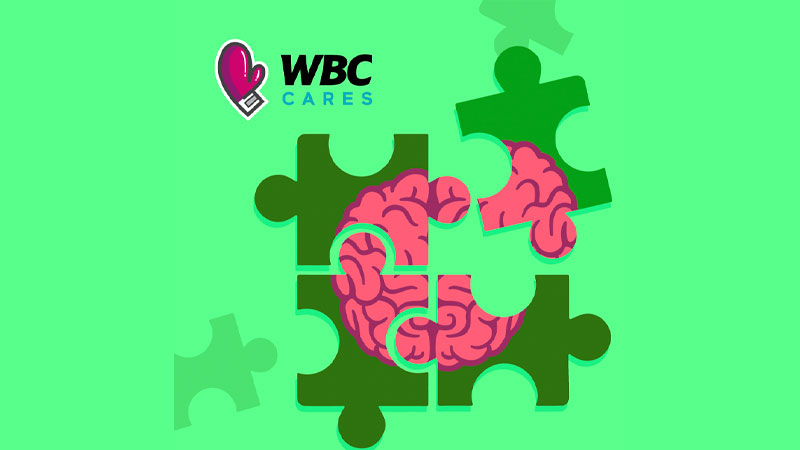
WBC May Mental Health: What Is Stress?
By Beka Romero
Stress is the body’s natural reaction to challenging situations that it perceives as threatening or challenging.
Talking about stress is normal because every day we are in a hive of continuous activities, even though it has benefits in certain circumstances, such as motivating us to overcome obstacles.
But, prolonged stress can affect the immune system, weakening the body’s defenses and increasing the risk of illnesses such as colds, flu and even chronic illnesses such as heart disease or diabetes. Additionally, chronic stress can contribute to the development of mental disorders such as anxiety and hinders the ability to manage emotions.
On a cognitive level, prolonged stress can affect concentration, memory and decision making, which can affect academic, work and sports performance. On the emotional level, it can lead to mood swings, irritability, emotional exhaustion, and difficulty enjoying daily activities.
Some tips that can help regulate a state of stress:
Live in the present and don’t try to control everything that happens around us.
Explore an activity outside of work, for example exercising, dancing, practicing yoga, drawing, going to therapy or…taking 20 minutes a day for yourself.
Write your thoughts, ideas, dreams, etc. in a notebook.
Talking to someone about what you are experiencing and/or feeling, sometimes it is just enough to release words and be heard.
Stop… and take a deep breath. The body needs rest, relaxation. It doesn’t need to be a headlong rush!
Prioritizing self-care and stress management can have a significant impact on long-term health and well-being.
![]()
Related posts
test


